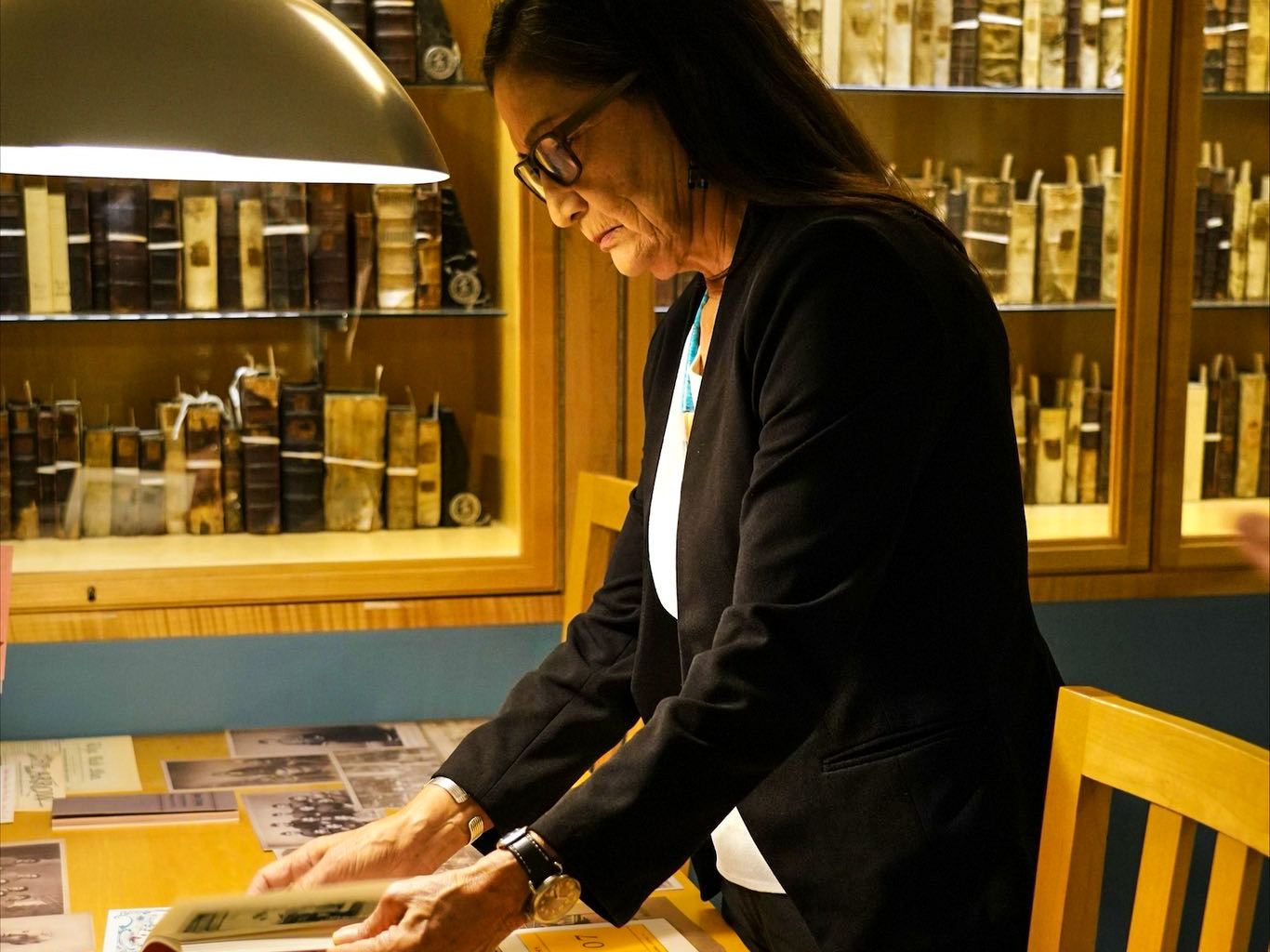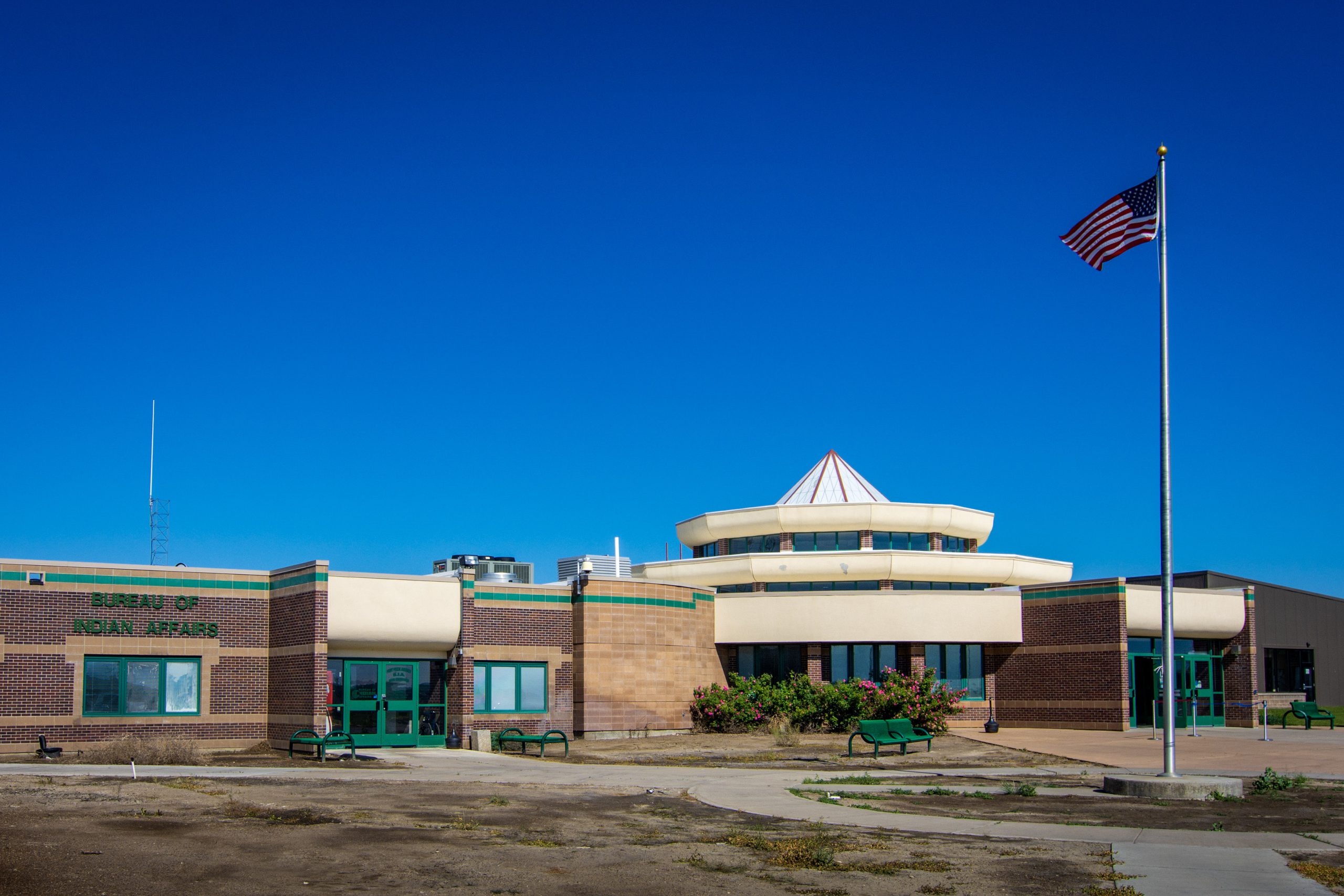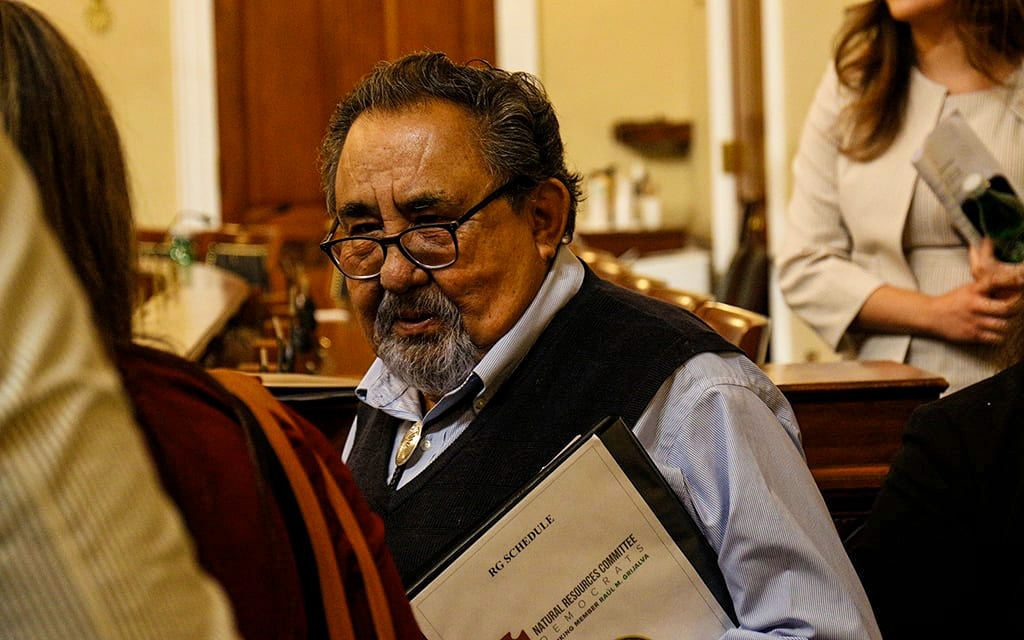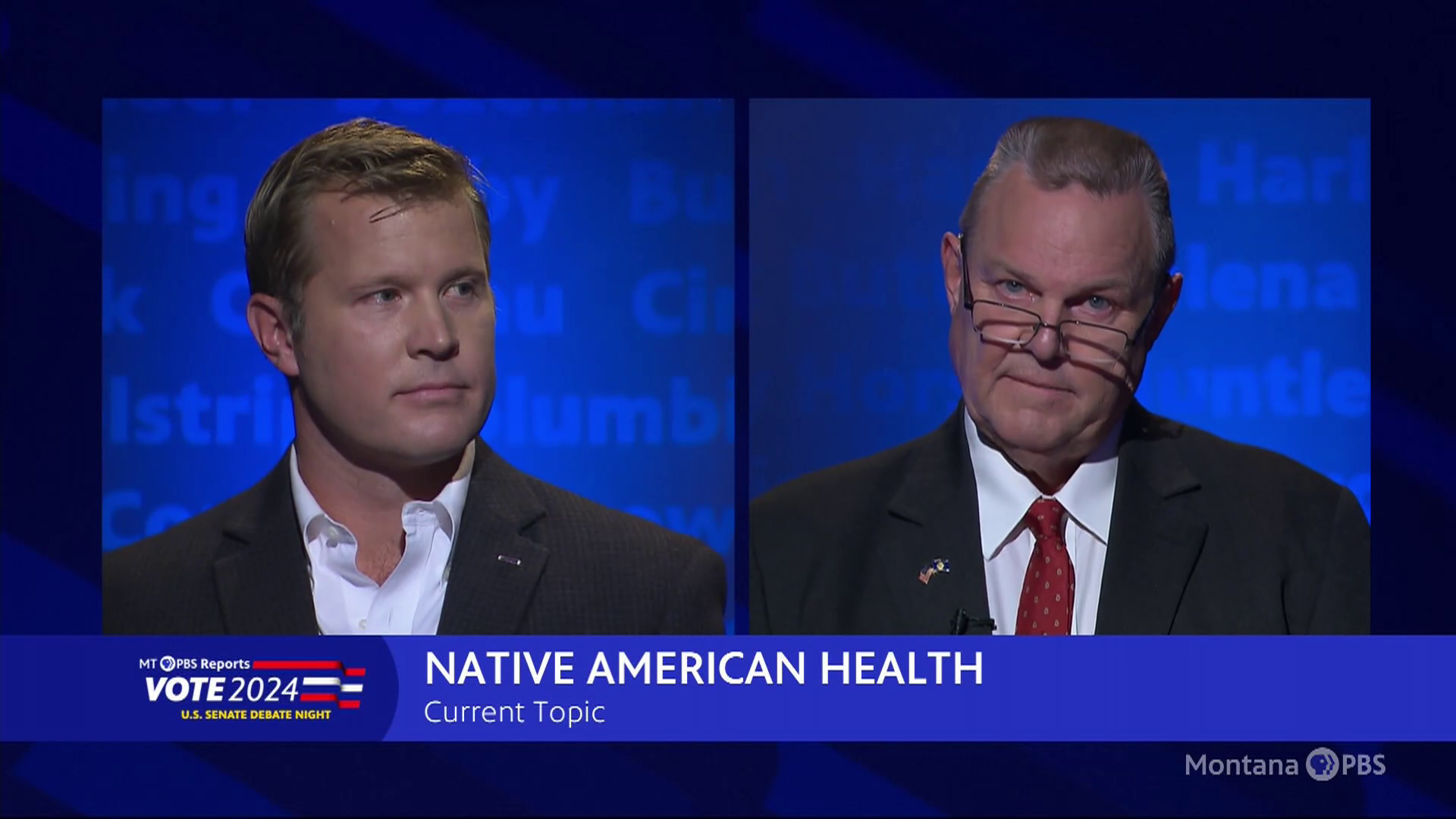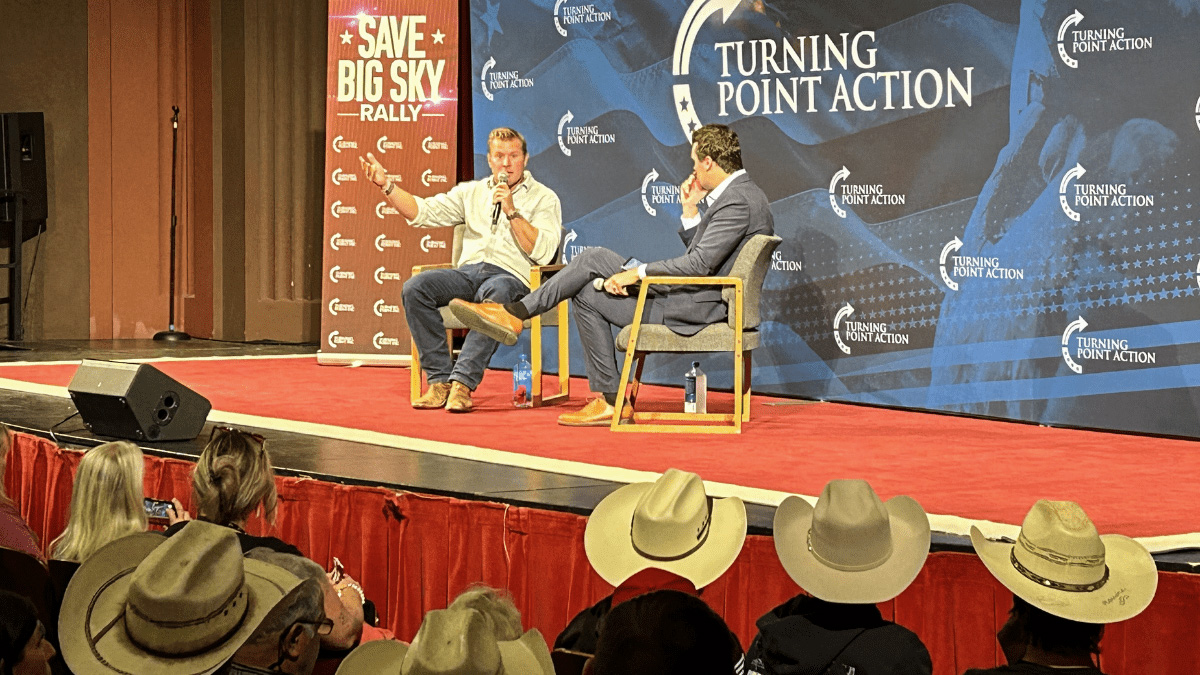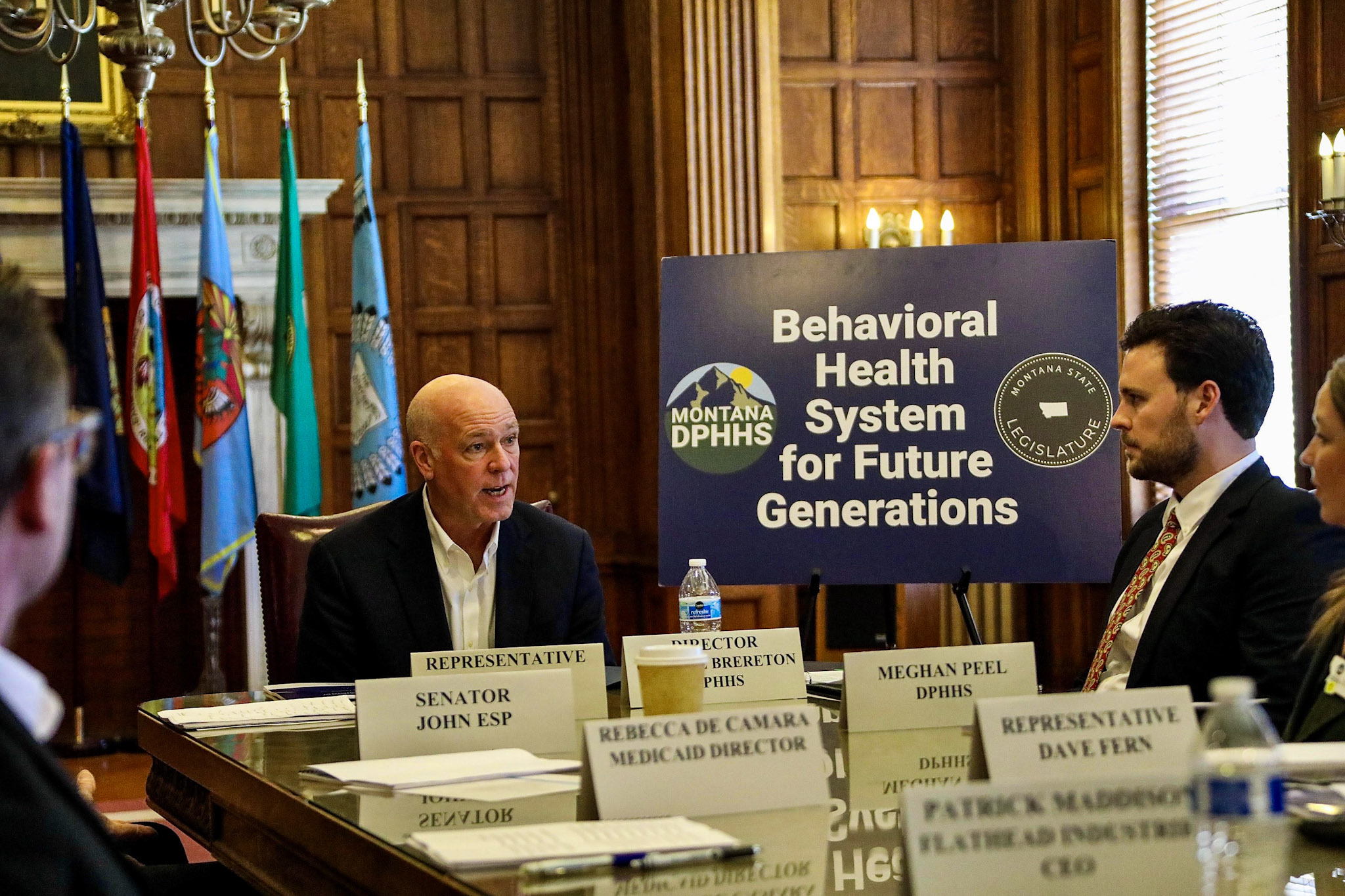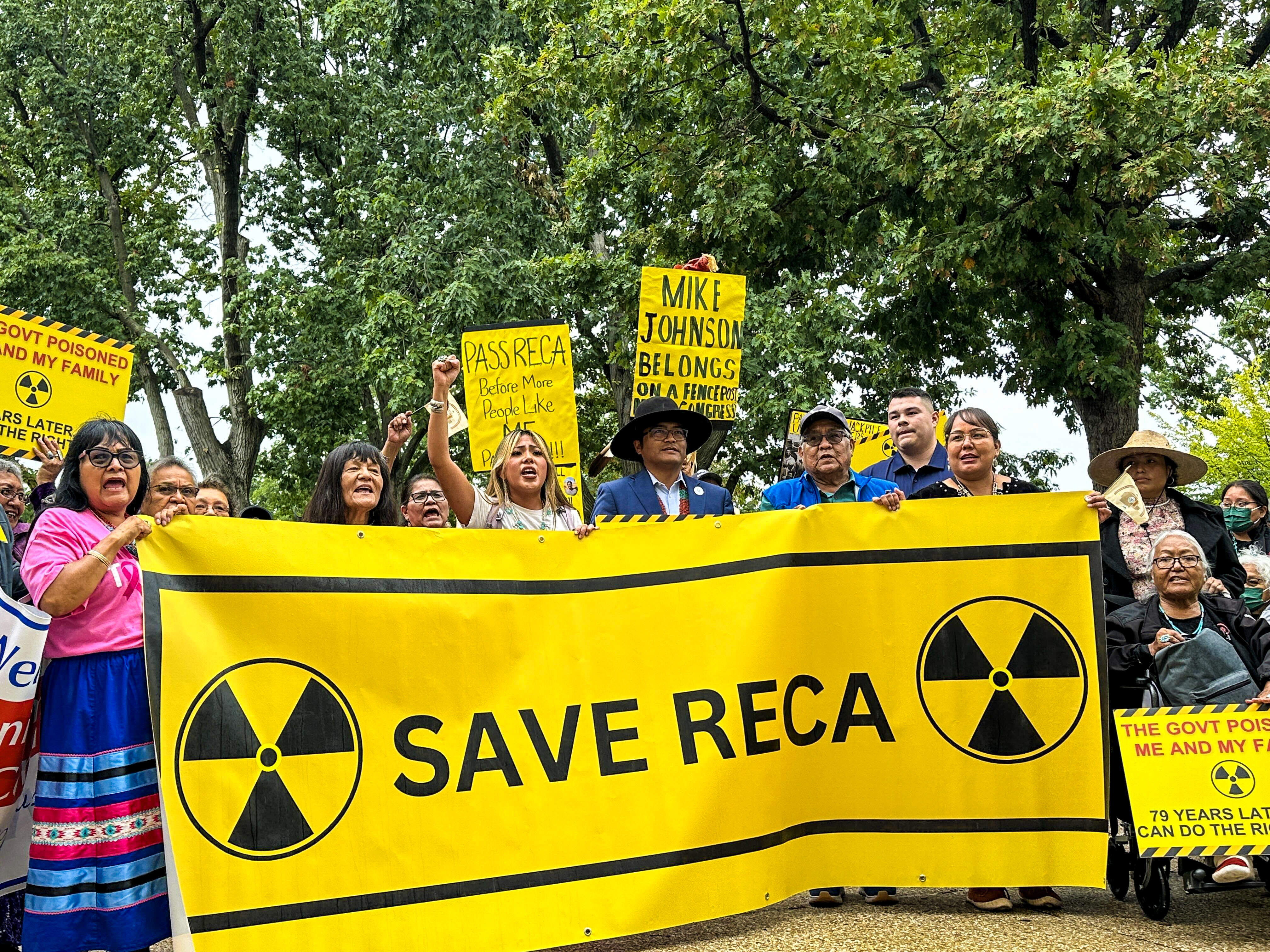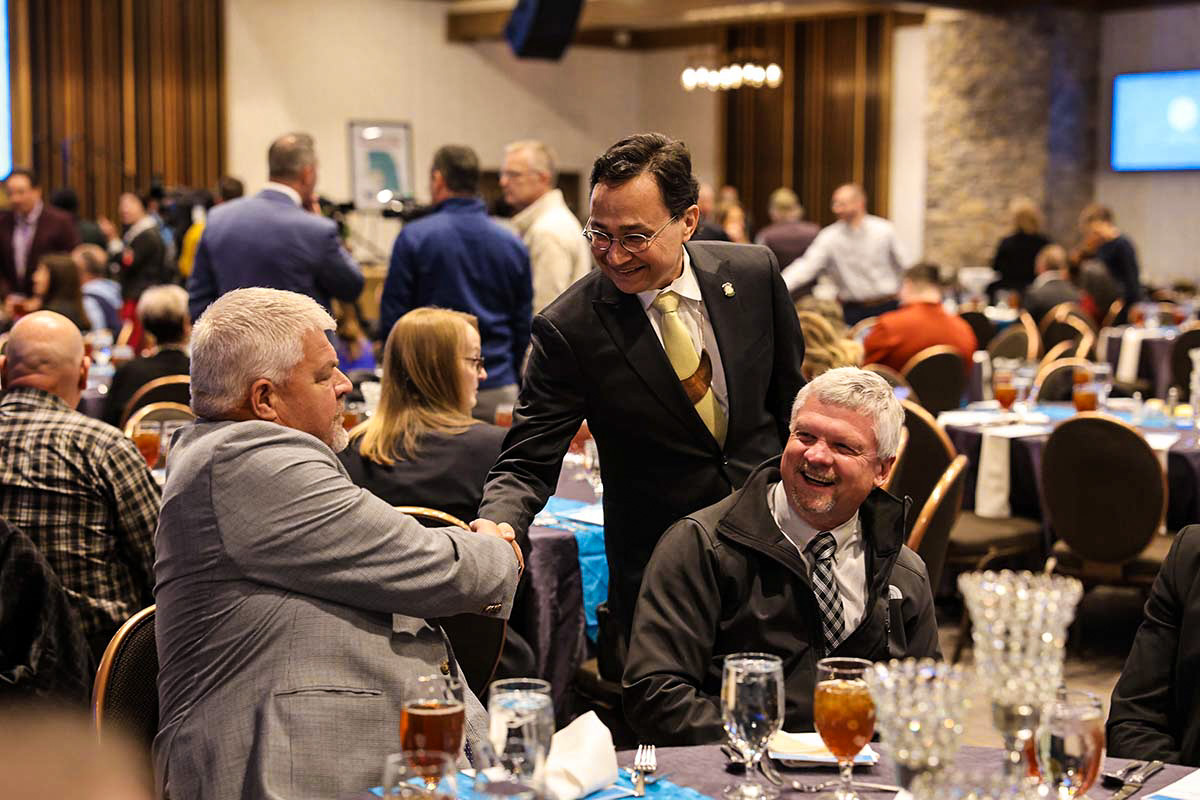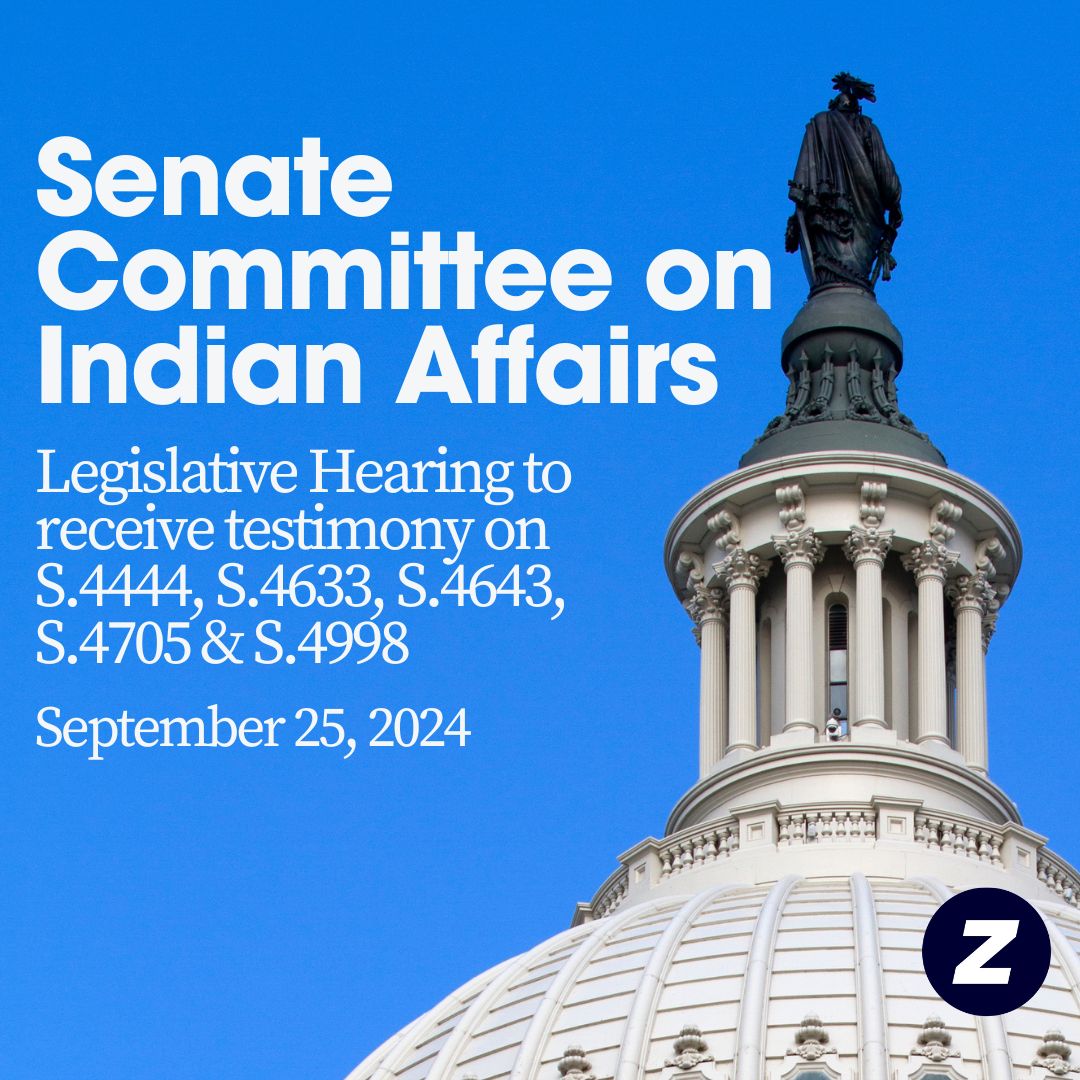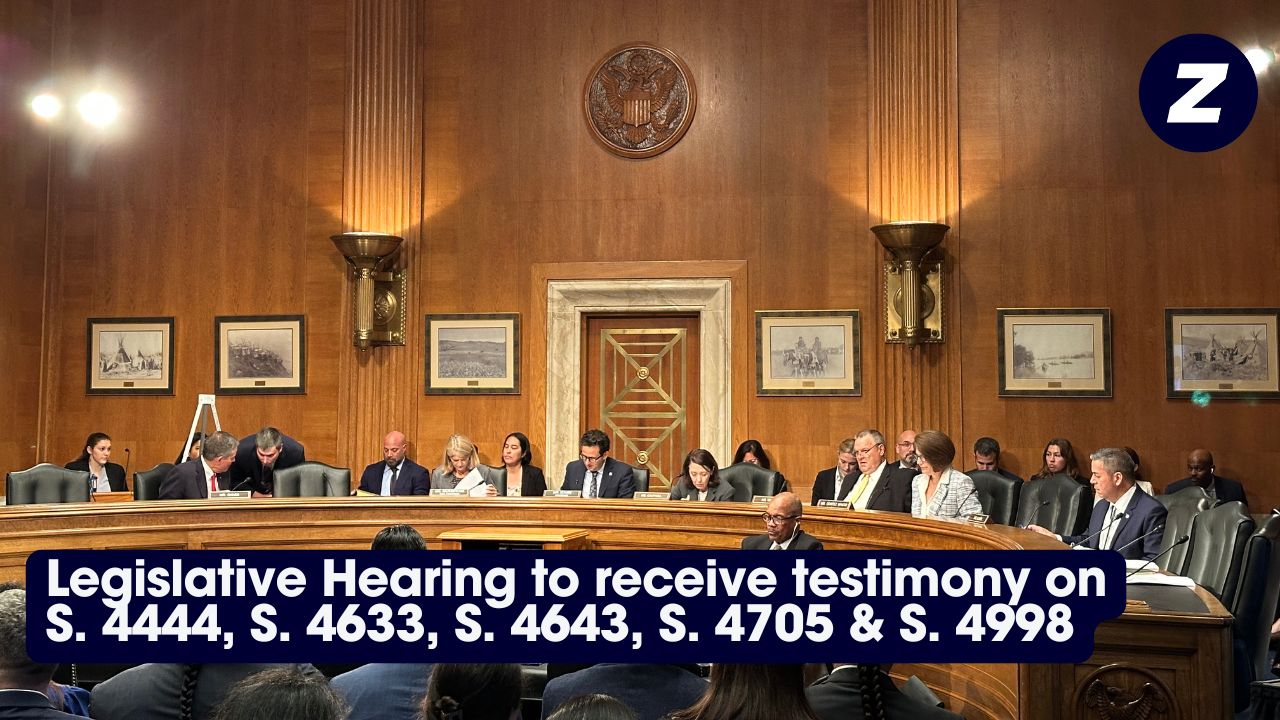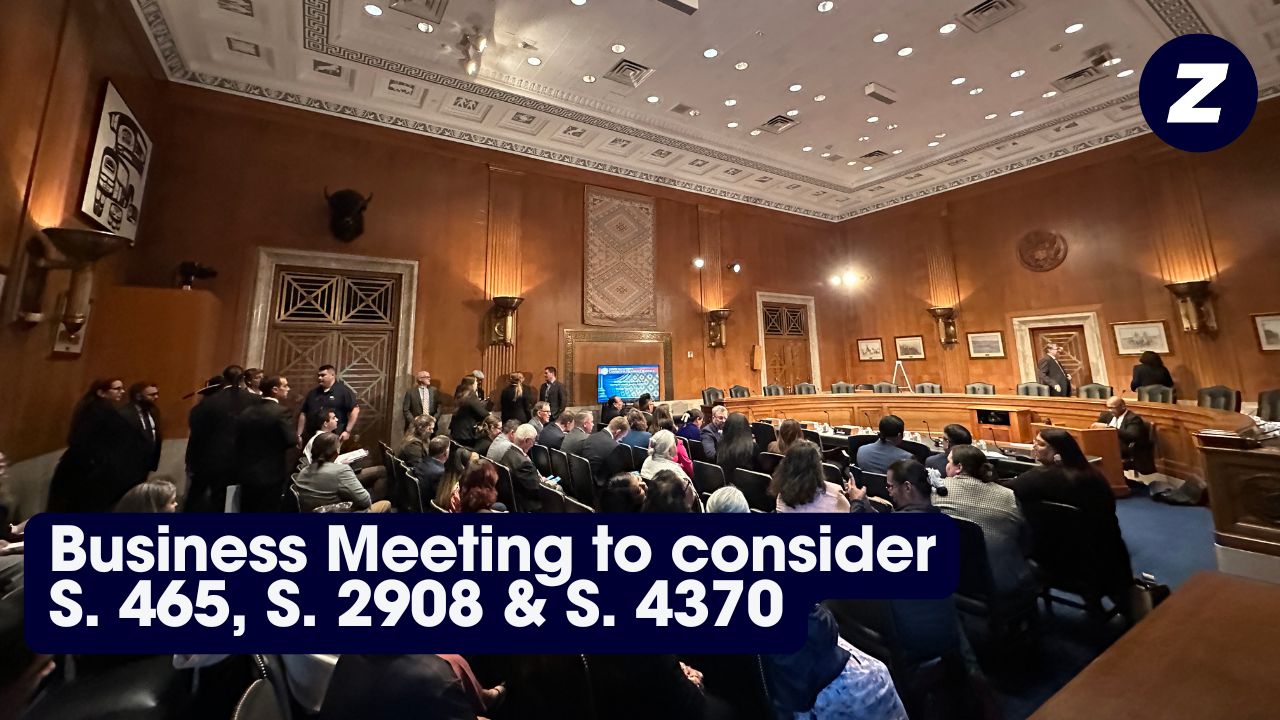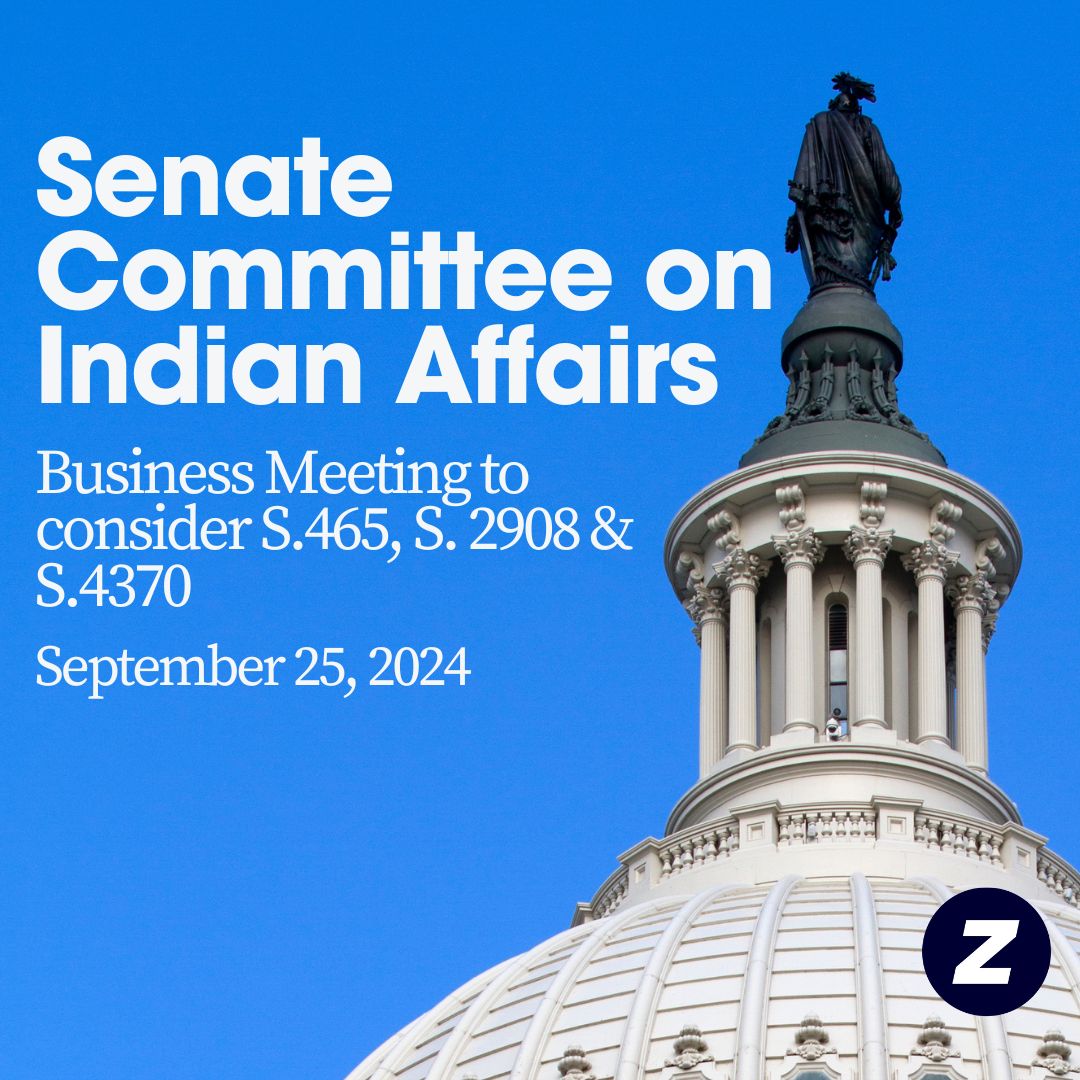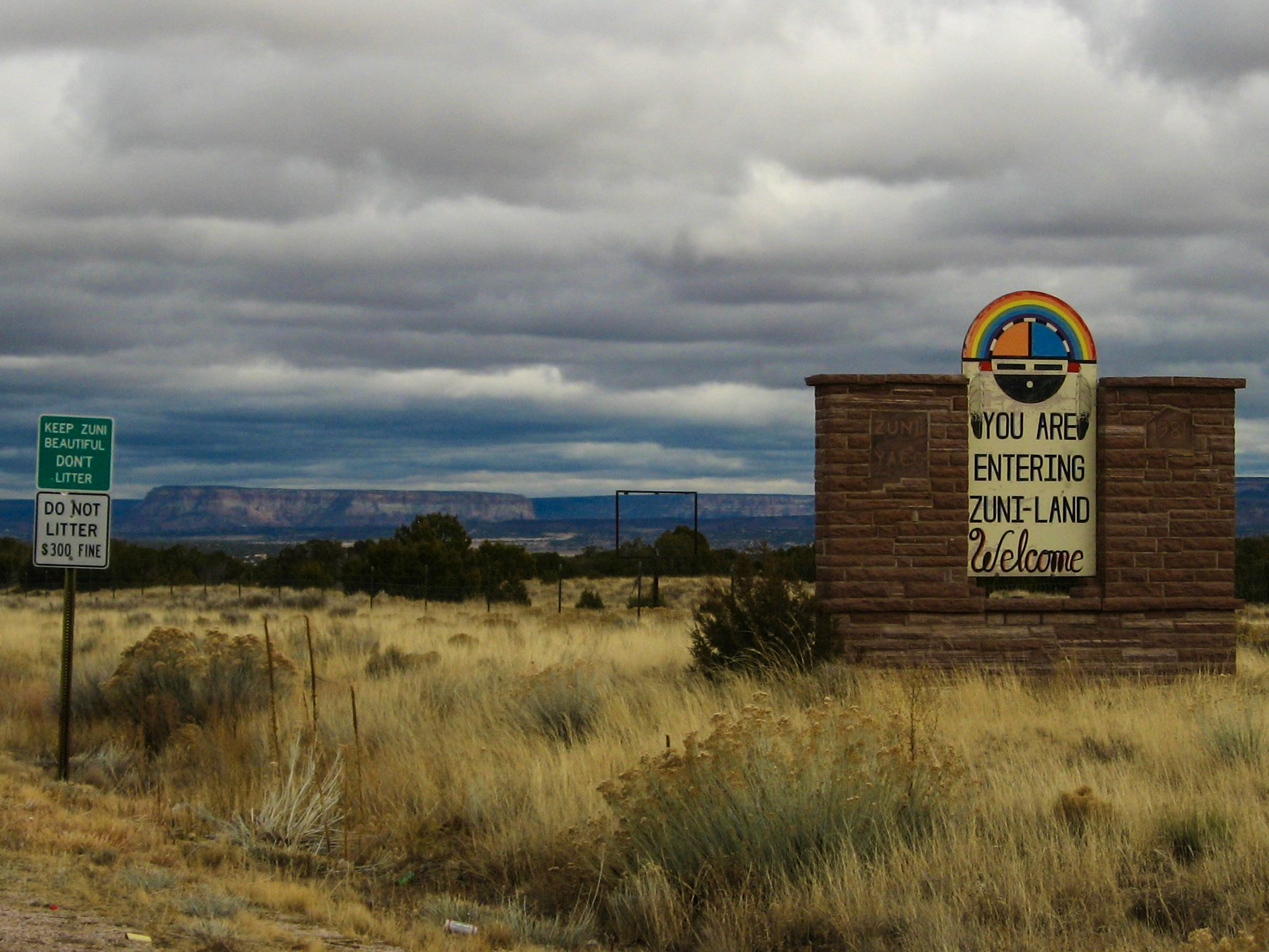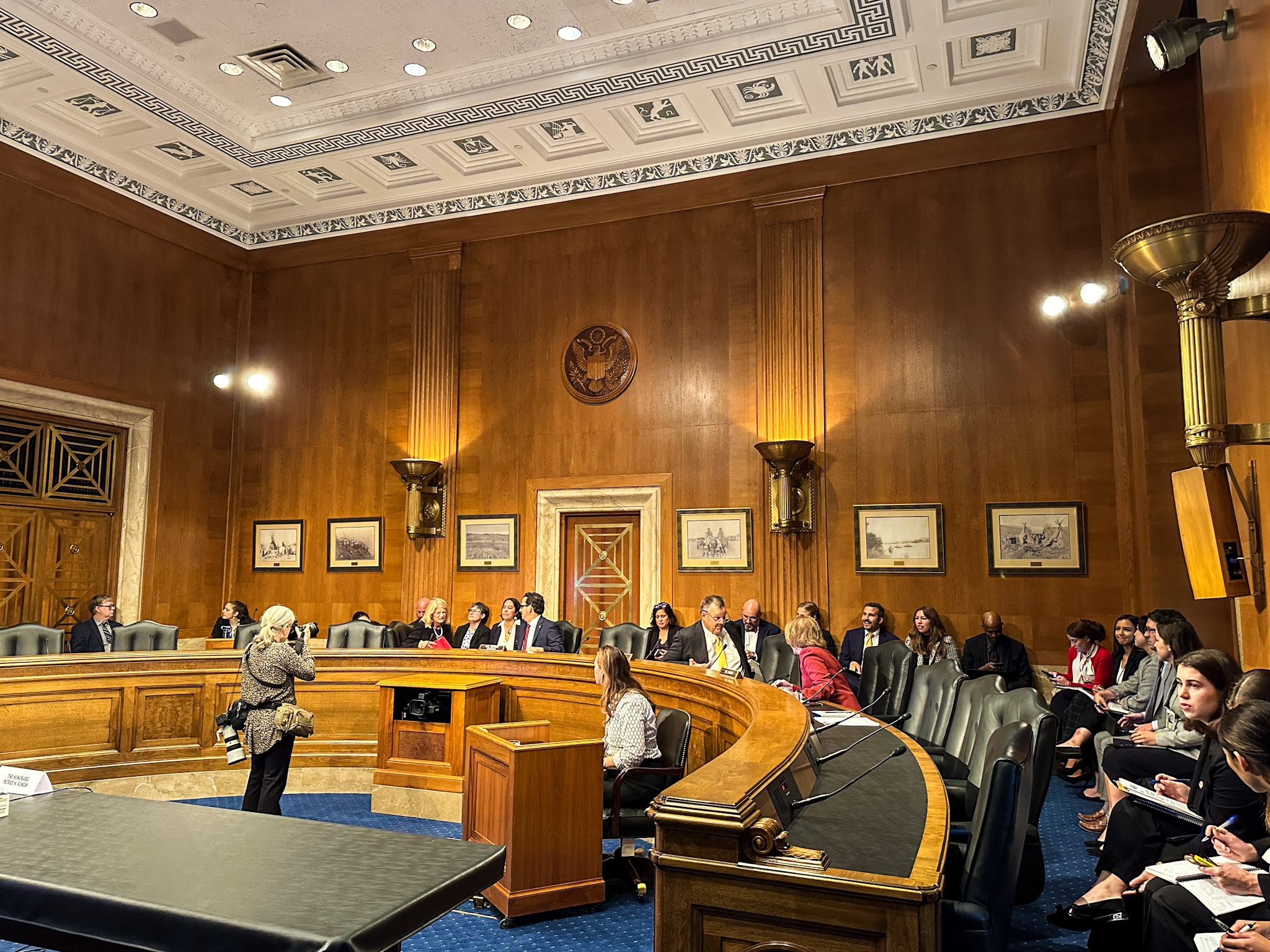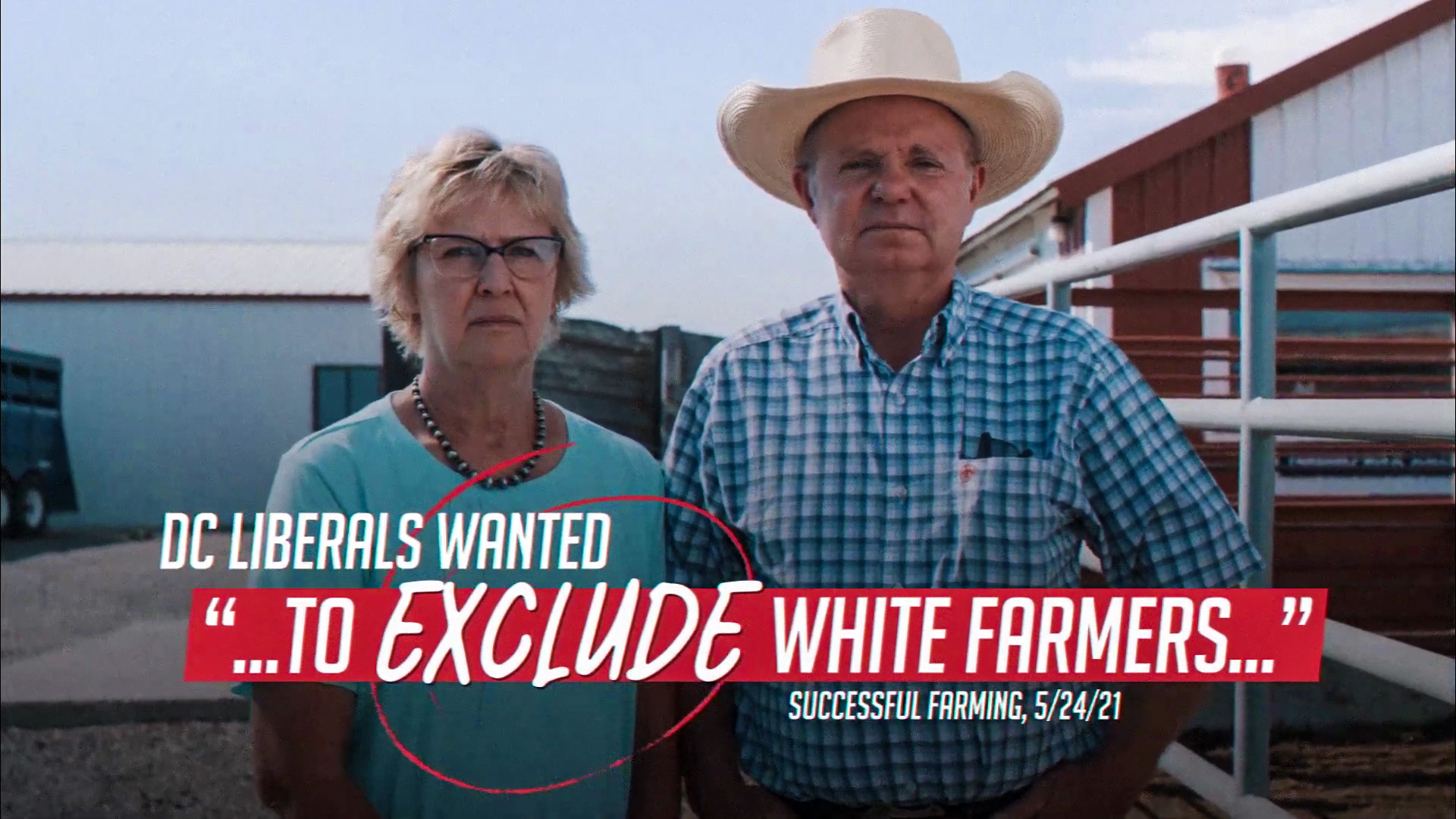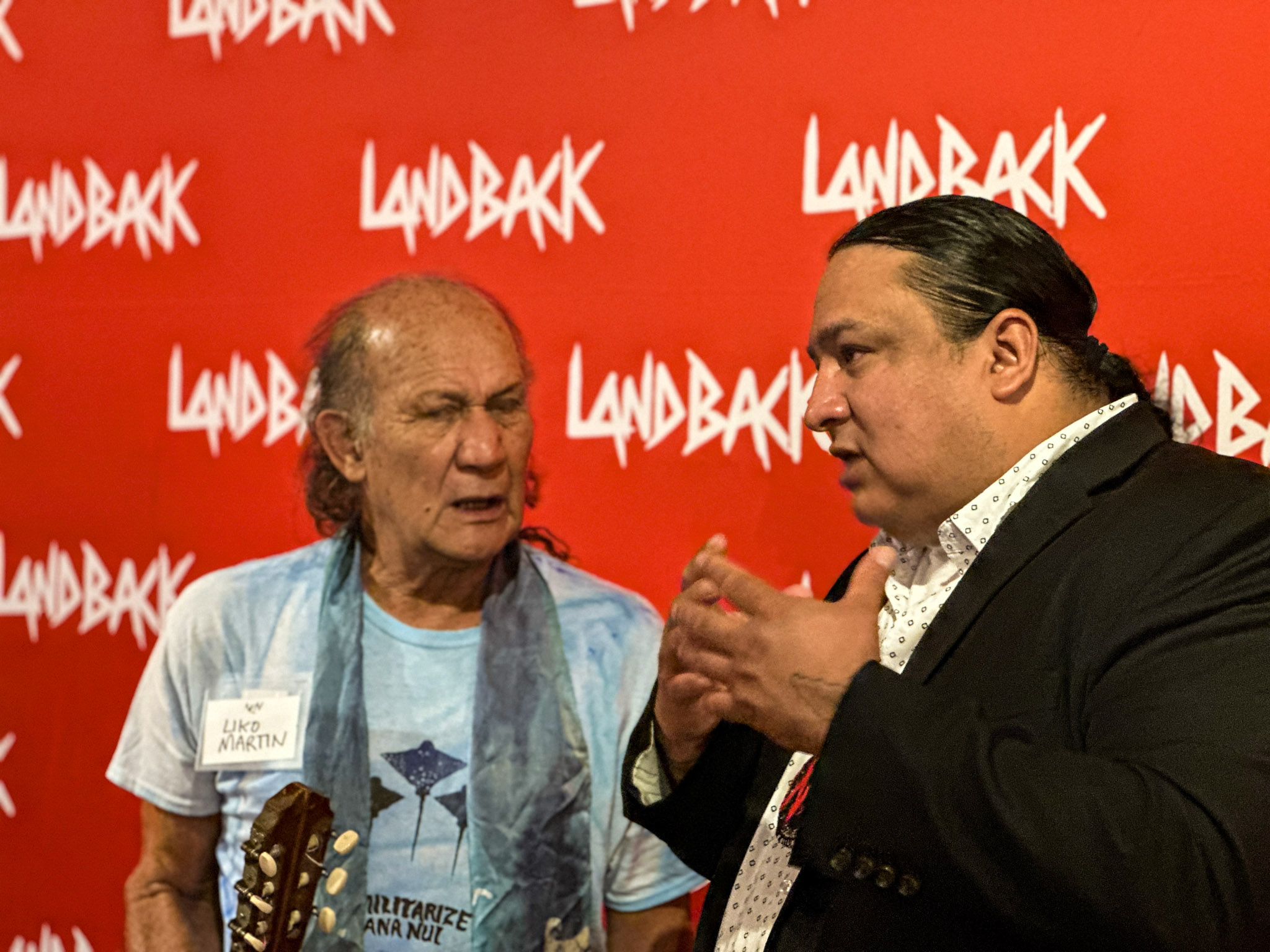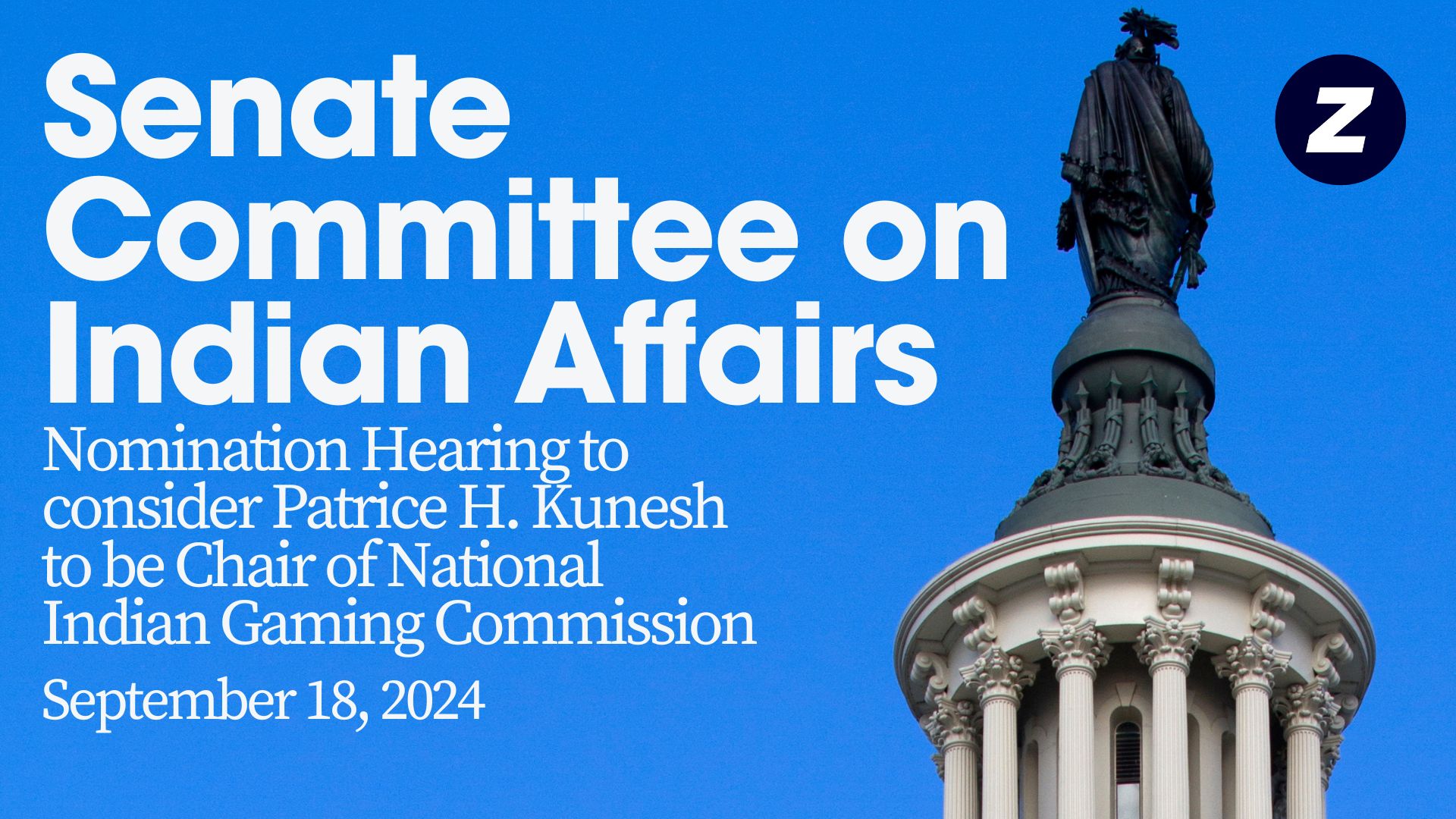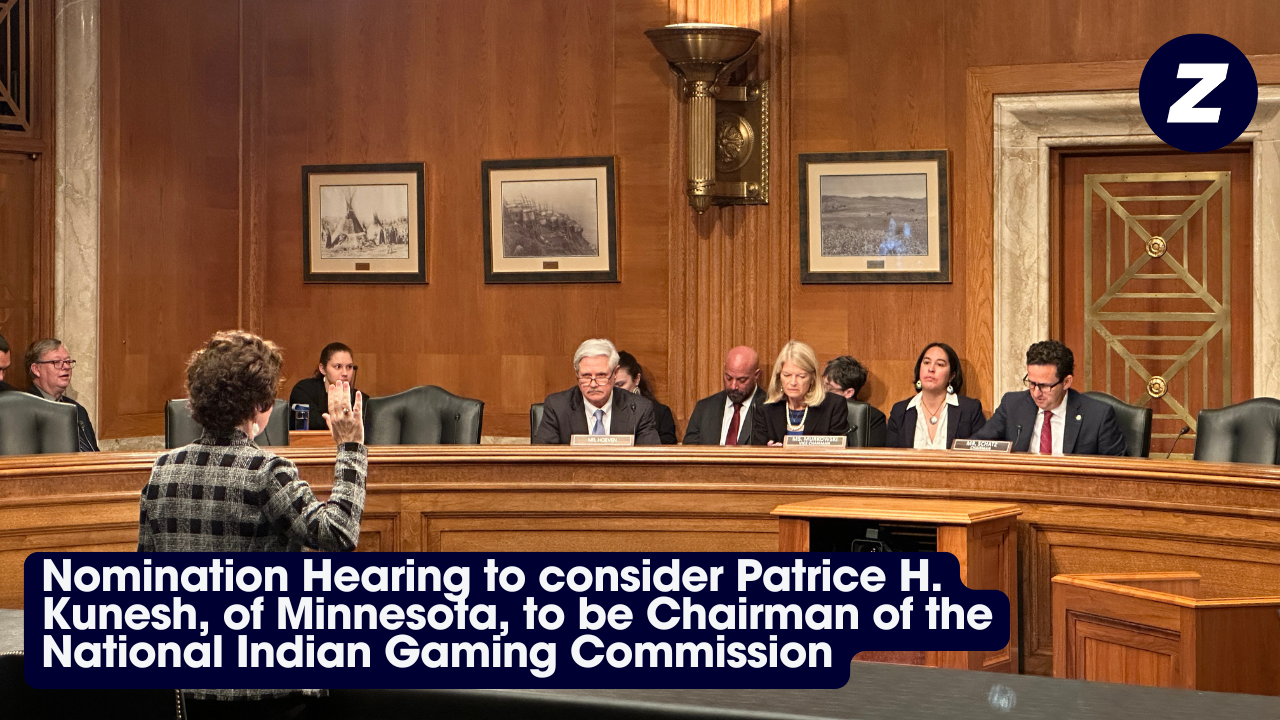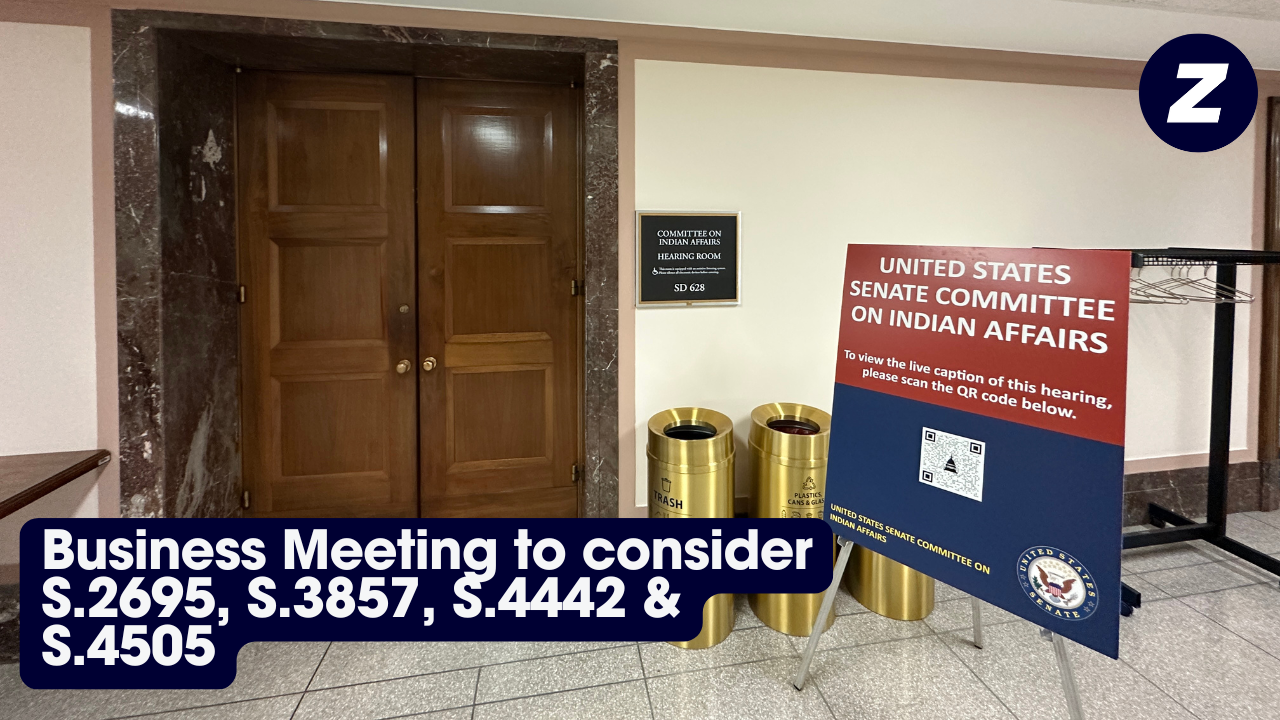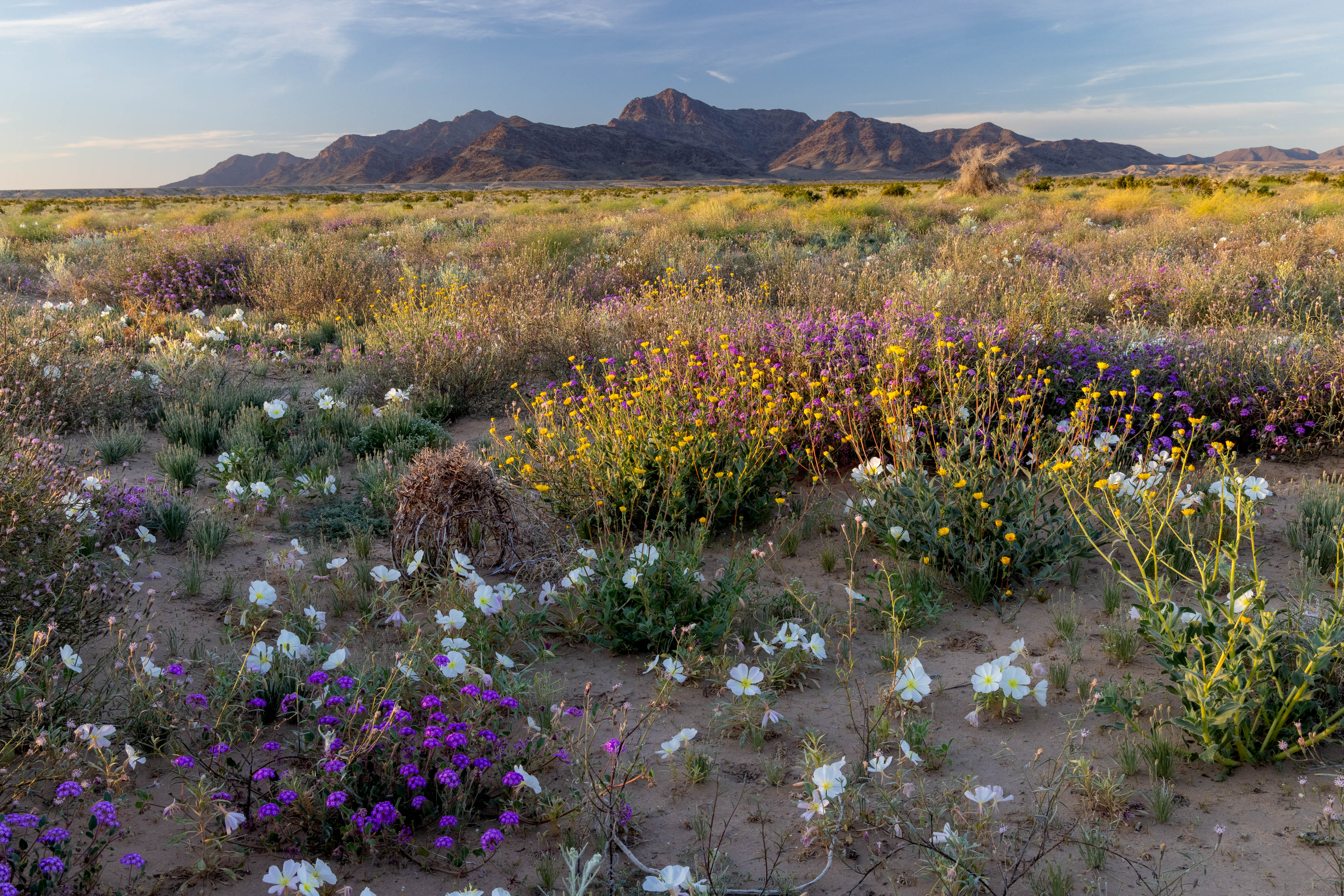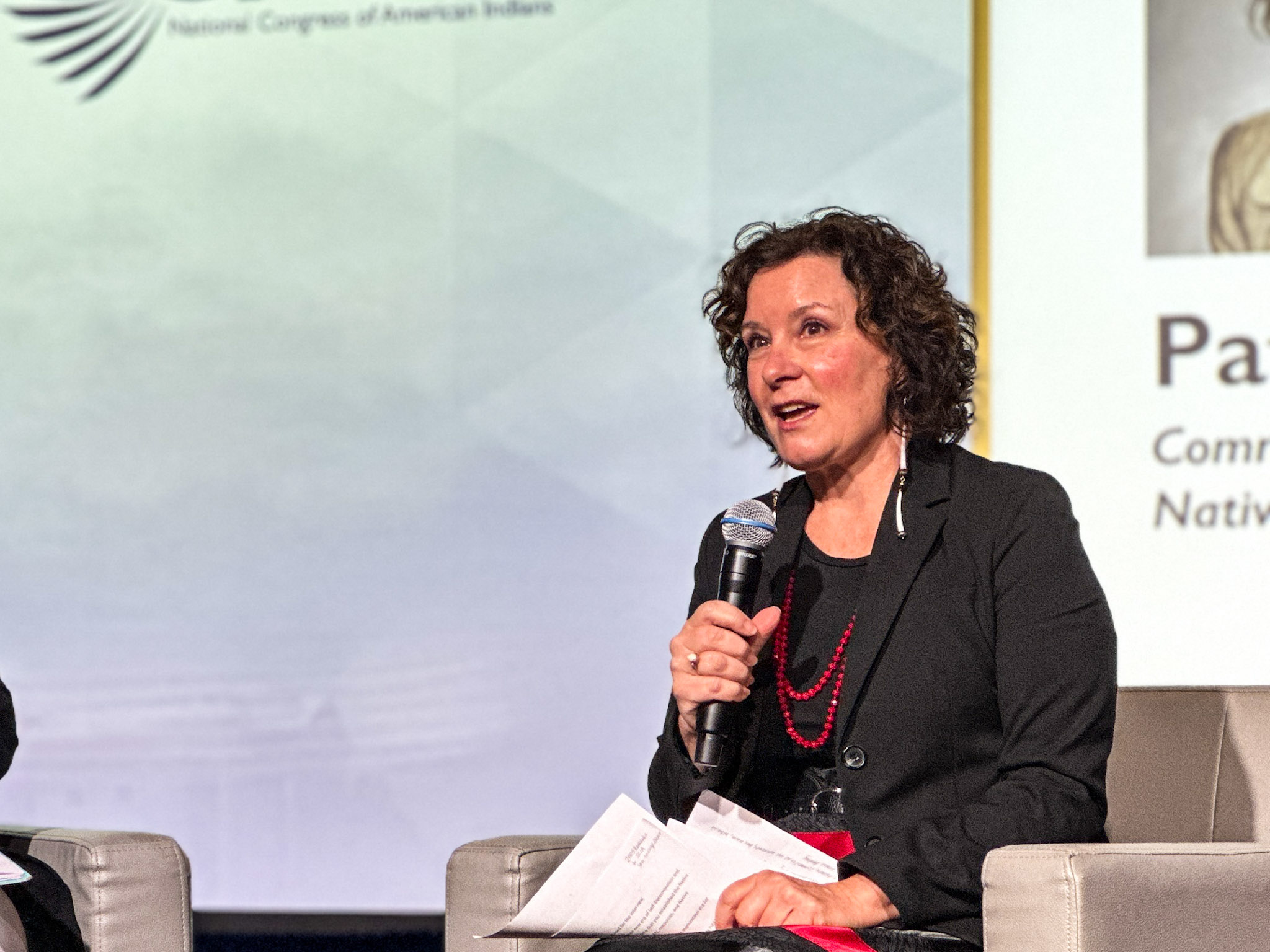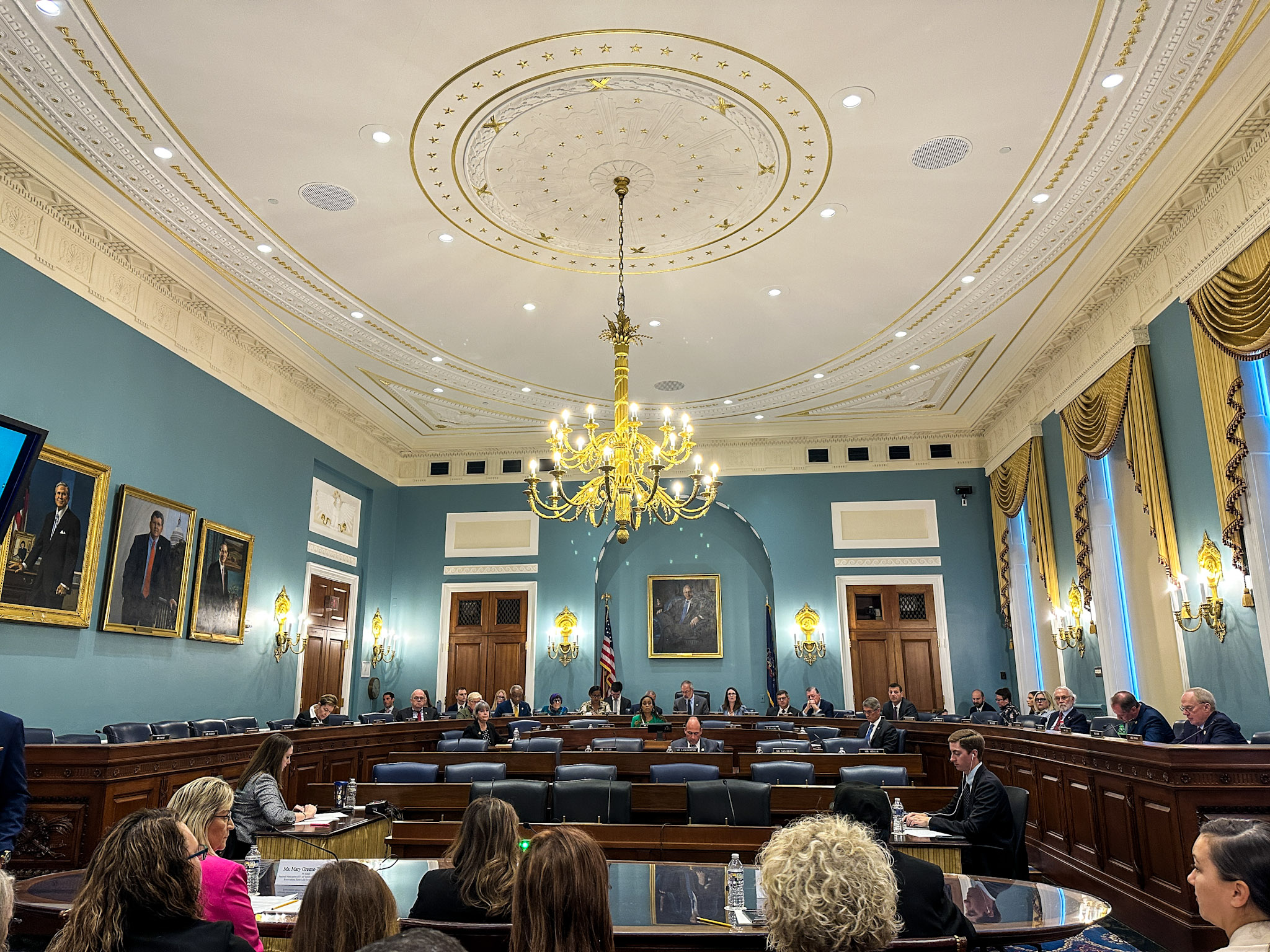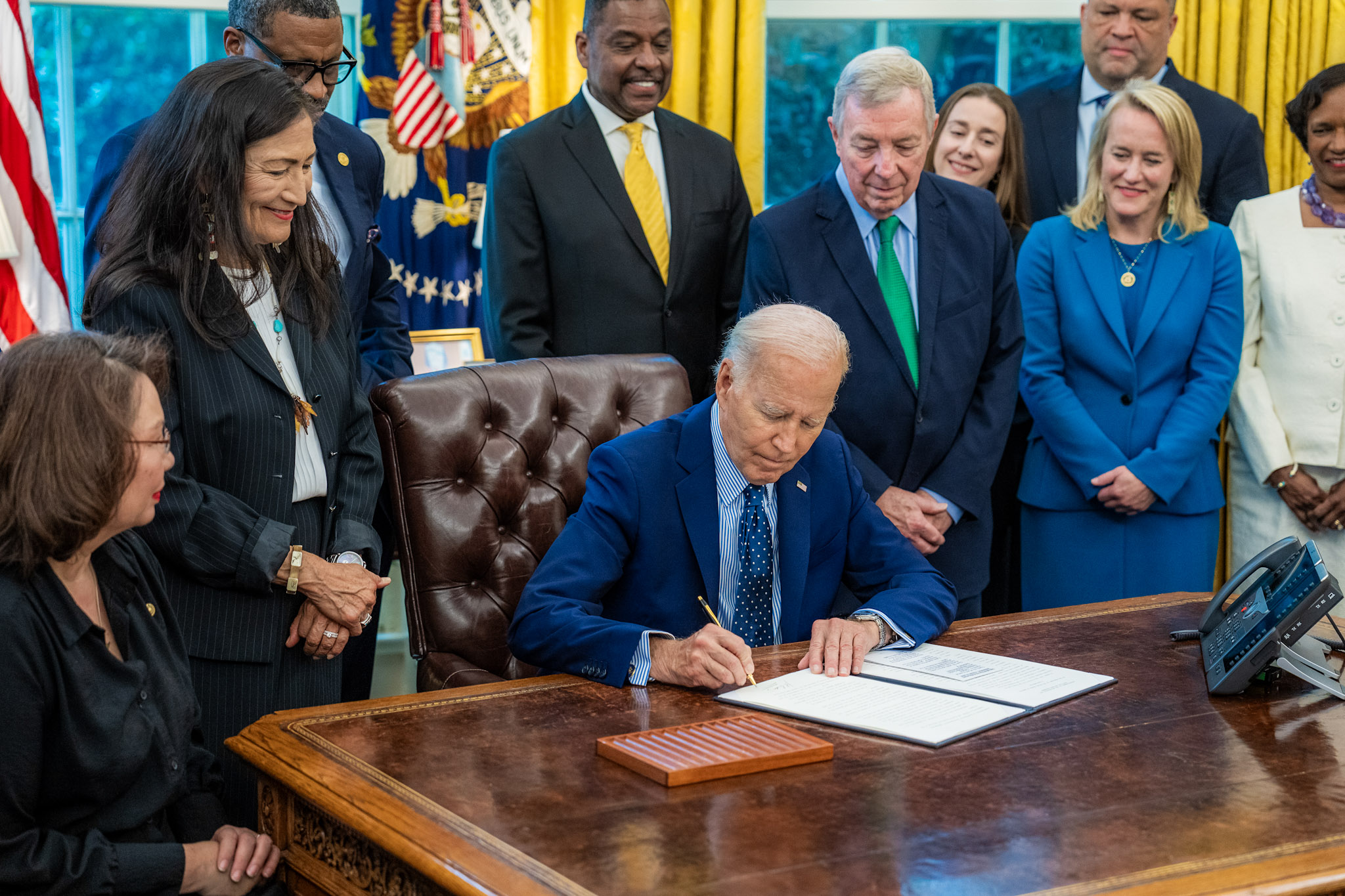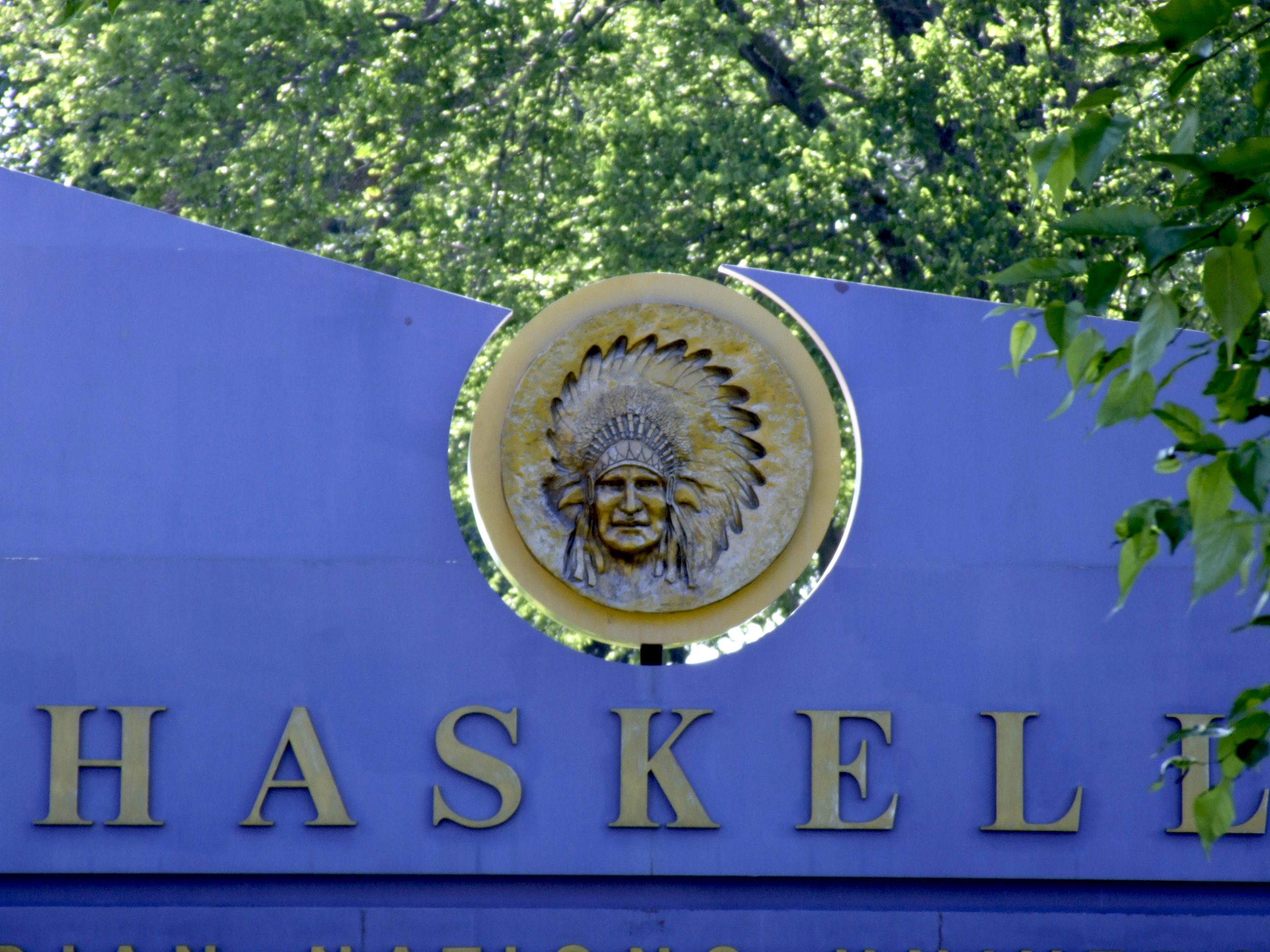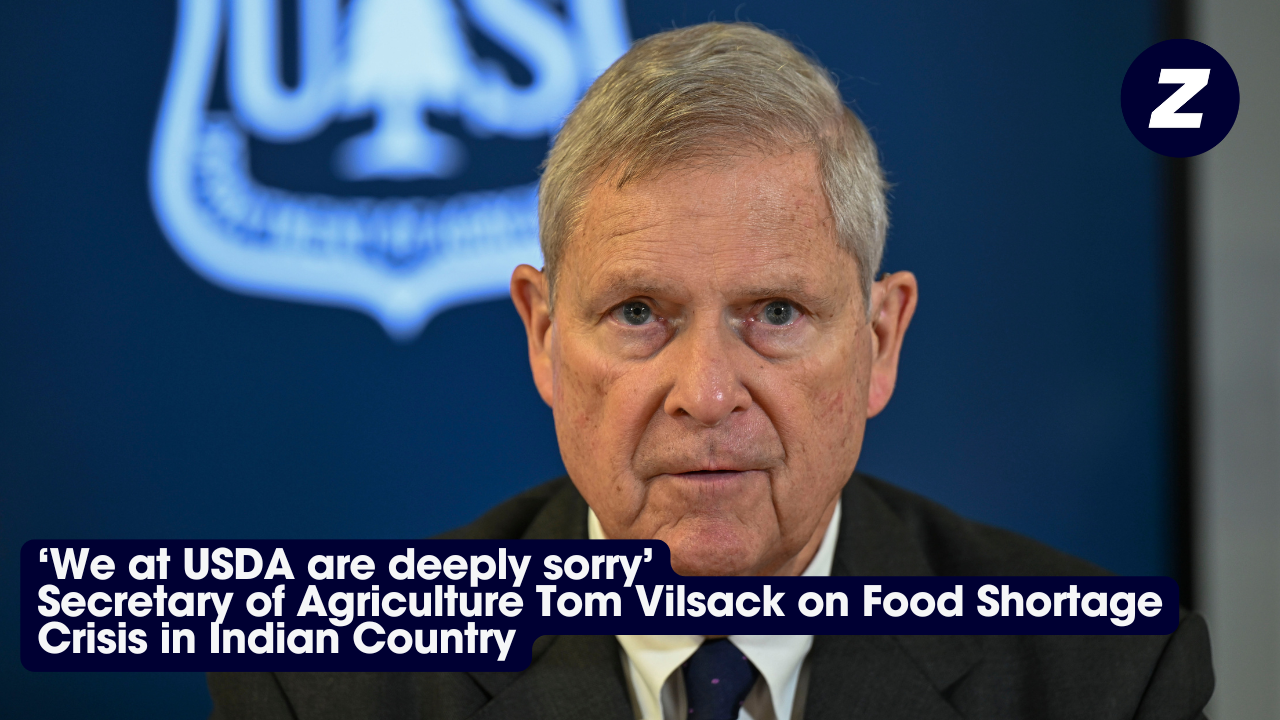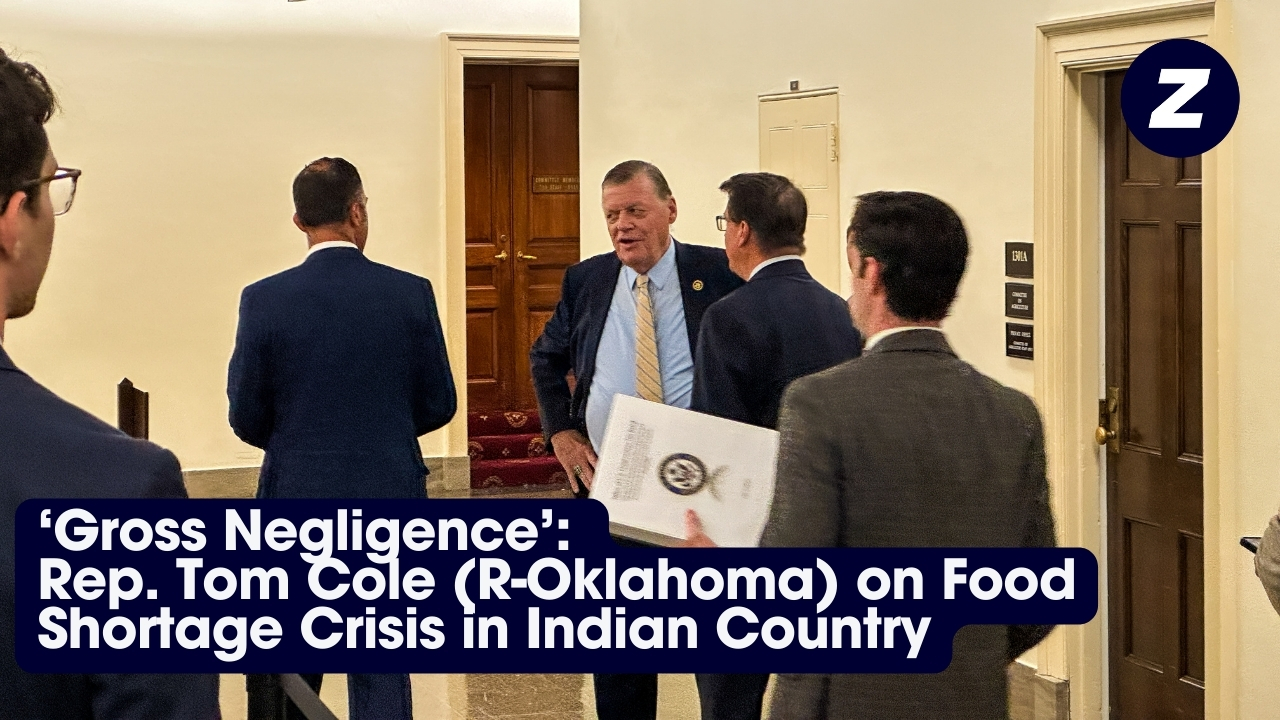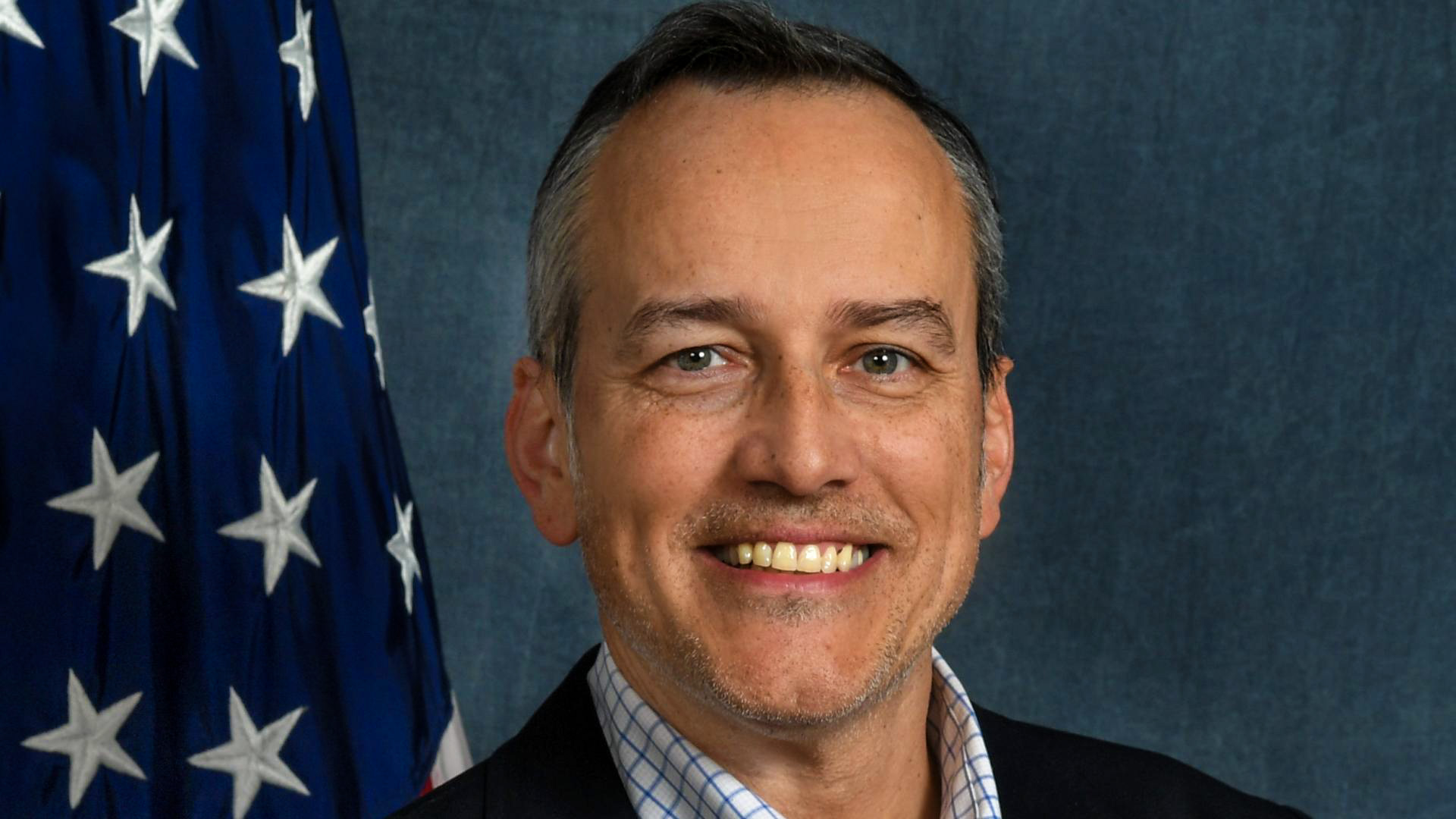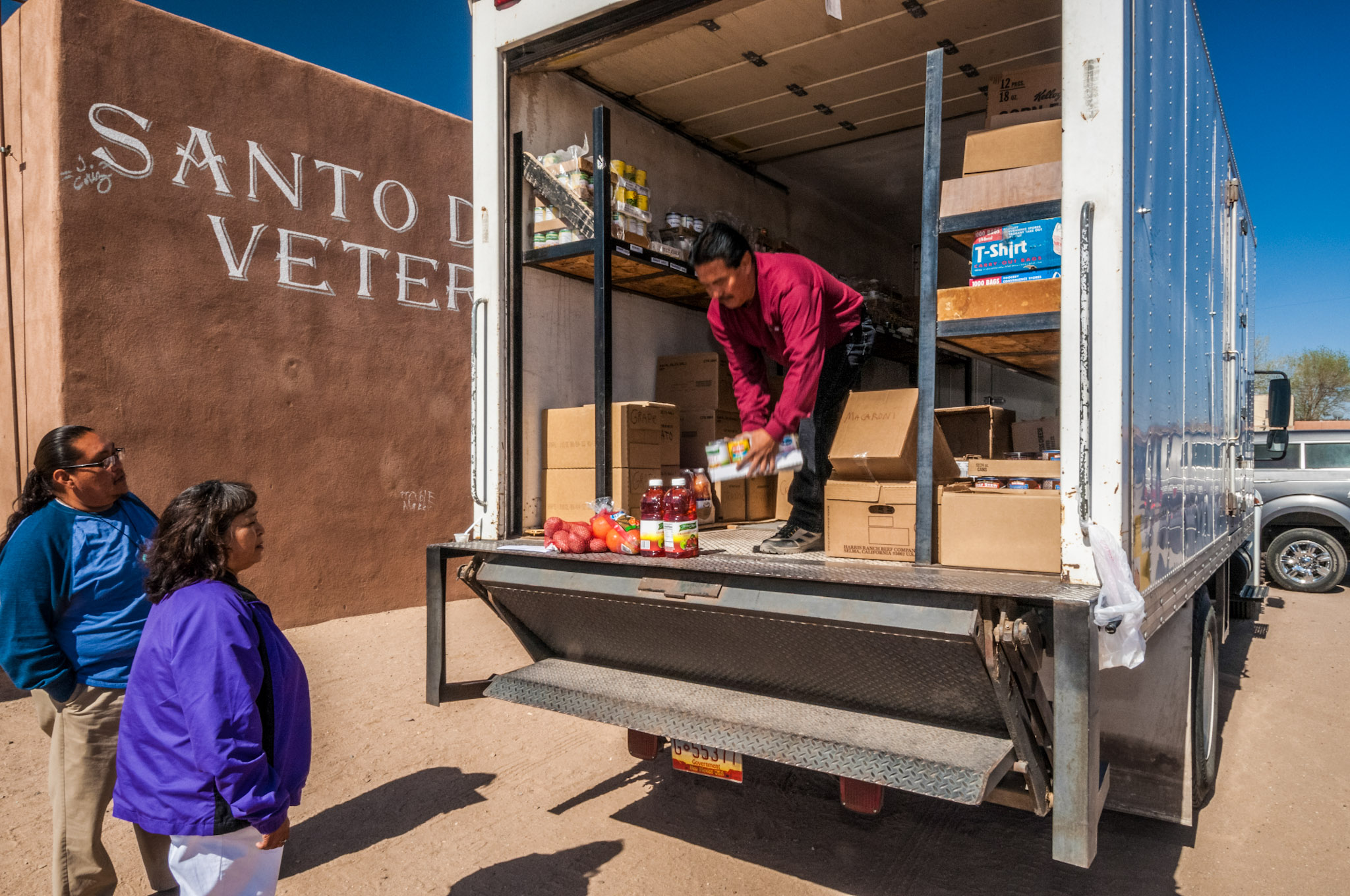With a little over a month before the election, Native advocates are working to ensure Democratic presidential candidate Kamala Harris wins the race for the White House.
Secretary Deb Haaland visited one of the most infamous Indian boarding school sites amid ongoing efforts to hold the U.S. accountable for a genocidal era in history.
Citizens of the Fort Peck Tribes are seeking satellite voting locations on the reservation, arguing that Native voters have poor access to the polls.
Rep. Raul Grijalva (D-Arizona) is the highest-ranking Democrat on the committee with jurisdiction over Indian issues.
Republican U.S. Senate challenger Tim Sheehy is drawing fire for comments deemed derogatory against Native people.
Native issues are playing a big role in the U.S. Senate race in Montana, the outcome of which is being closely watched in an already heated presidential election year.
Native people were removed from a conservative rally featuring Tim Sheehy, the Republican candidate for U.S. Senate in Montana.
“This funding will provide tribes and rural counties with the resources they need to design and implement programs that work best for the Montanans they serve,” said Gov. Greg Gianforte (R).
People exposed to radiation from atomic bomb tests and uranium mines rallied at the U.S. Capitol to demand action on a stalled compensation program.
Cherokee Nation has a sovereign right to issue tags on our reservation, and the state has no authority to interfere with that.
How much do the proposed USDA Dietary Guidelines reflect what industries want to promote as opposed to what Native people consider nutritious?
The Senate Committee on Indian Affairs hosts a legislative hearing on September 25, 2024.
The Senate Committee on Indian Affairs hosts a legislative hearing on September 25, 2024.
The Senate Committee on Indian Affairs hosts a business meeting on September 25, 2024.
The Senate Committee on Indian Affairs hosts a business meeting on September 25, 2024.
The Senate Committee on Indian Affairs is taking testimony on legislation affecting tribal water rights and natural resources.
The Senate Committee on Indian Affairs is taking up three bills at a business meeting.
Crow people were still fuming over a Republican candidate deriding them as being “drunk at 8 a.m.” when a campaign ad began circulating about “white farmers.”
Survivors of nuclear testing and uranium mines are ramping up pressure on Congress to reauthorize a federal compensation program that expired in June.
“As you know, they’ll take recordings from years ago, chop them up and make them sound, you know, evil,” Republican candidate Tim Sheehy said on Fox News.
“Native people are going to fight back,” said Nick Tilsen, founder of NDN Collective.
The Senate Committee on Indian Affairs considers the nomination of Patrice H. Kunesh to be Chair of the National Indian Gaming Commission.
The Senate Committee on Indian Affairs considers the nomination of Patrice H. Kunesh to be Chair of the National Indian Gaming Commission.
The Senate Committee on Indian Affairs hosts a business meeting on September 18, 2024.
The Senate Committee on Indian Affairs hosts a business meeting on September 18, 2024.
The Senate Committee on Indian Affairs is hosting a business meeting to consider four bills of interest.
Tribes are urging President Joe Biden to designate three new national monuments in California in order to protect natural and cultural treasures.
The federal agency that oversees the $41.9 billion tribal casino industry could get a new leader for the first time since the Donald Trump era.
Indian Country is already suffering from a food shortage crisis and problems will only get worse under a government shutdown, lawmakers were told at a crowded hearing on Capitol Hill.
The Violence Against Women Act has reached a milestone.
We, the faculty of Haskell Indian Nations University, wish to address recent reports concerning our university following the congressional hearing held in July 2024.
First-time Republican candidate Tim Sheehy holds an 8-point advantage over Democratic Sen. Jon Tester in an AARP poll.
Republican U.S. Senate candidate Tim Sheehy’s disparaging remarks reflect a discriminatory and racially prejudiced belief about all Native people, according to the Crow Tribe.
A joint oversight hearing on “Severe Food Distribution Shortages in Tribal and Elderly Communities” takes place on September 11, 2024.
Secretary of Agriculture Tom Vilsack discusses the food shortage crisis in Indian Country on September 11, 2024.
Rep. Tom Cole (R-Oklahoma), the chairman of the House Committee on Appropriations, discusses the food shortage crisis in Indian Country on September 11, 2024.
A joint oversight hearing on “Severe Food Distribution Shortages in Tribal and Elderly Communities” takes place on September 11, 2024.
Donald Trump and Kamala Harris concluded their first, and perhaps only, presidential debate. What does it mean for Native voters?
The Bureau of Indian Affairs has a new director for the first time in more than six years.
Tribal leaders, joined by lawmakers from both parties, are demanding answers from the Biden administration about a food shortage crisis that has hit the most vulnerable in Indian Country.
Advertisement

